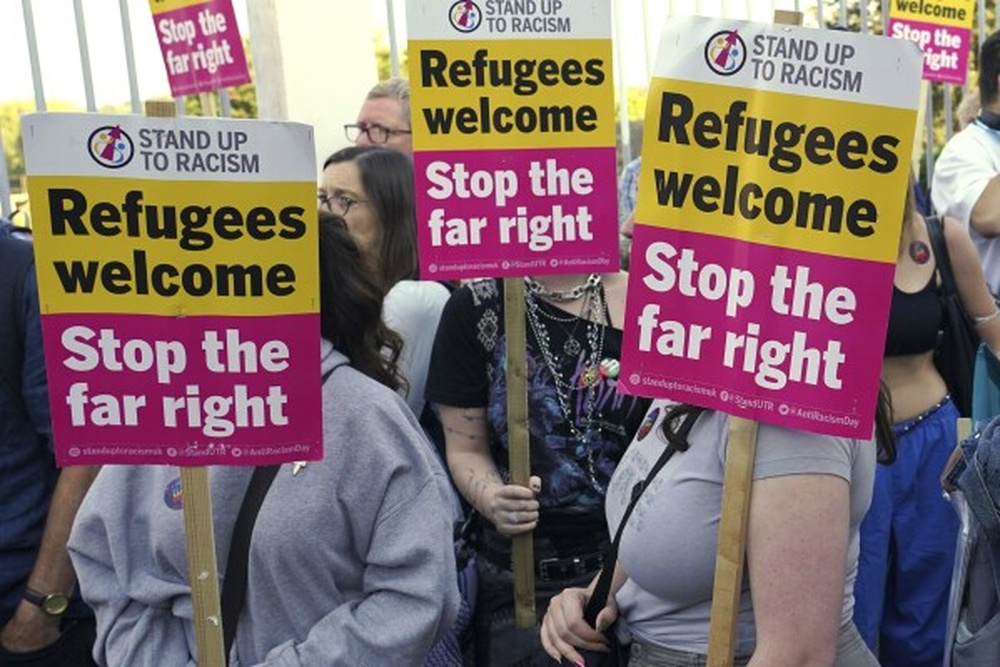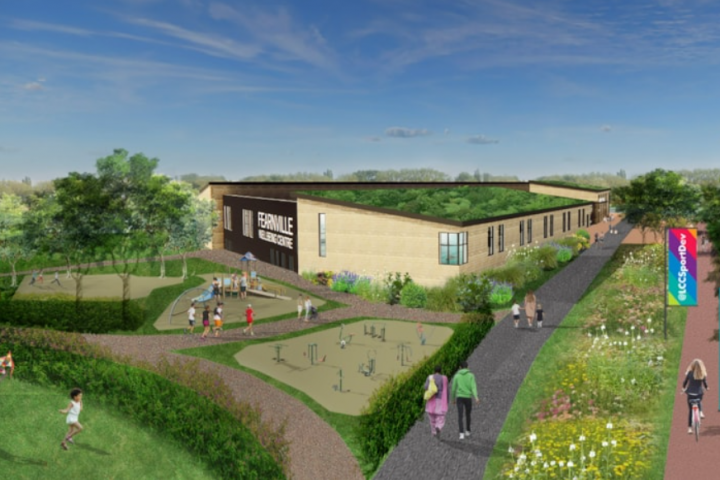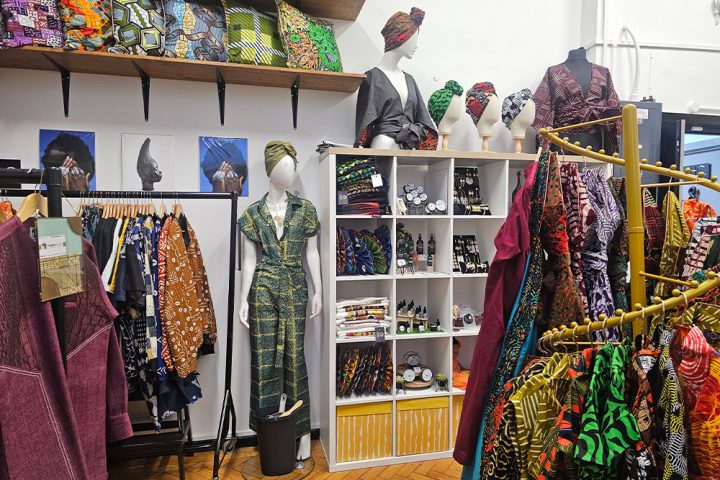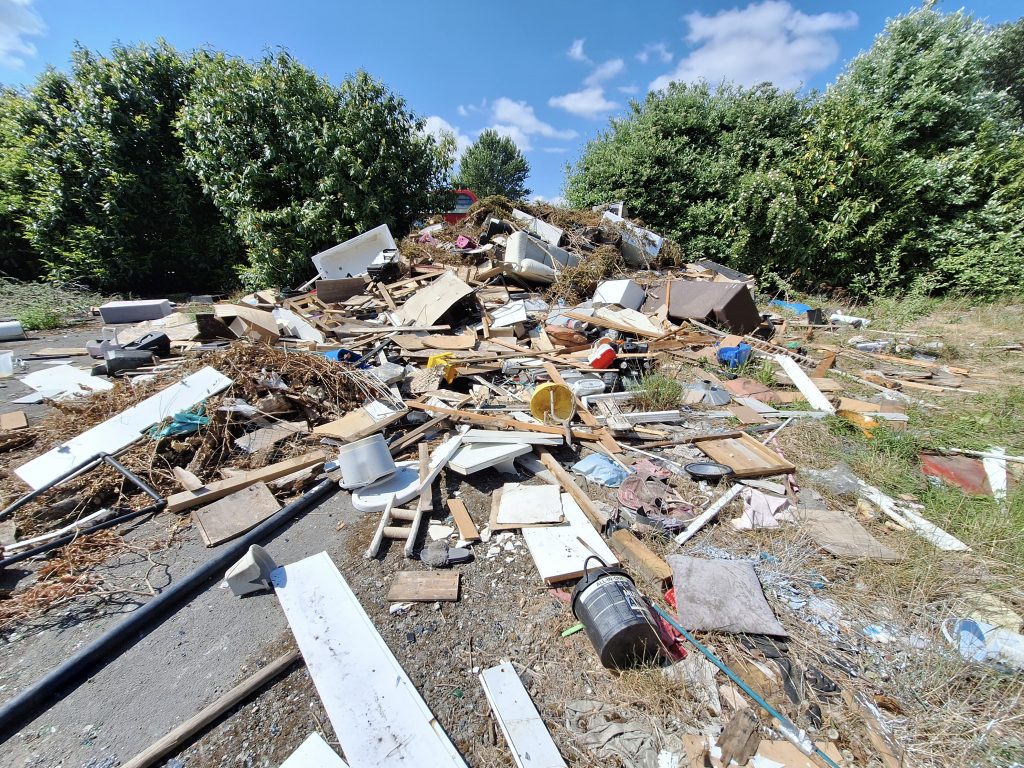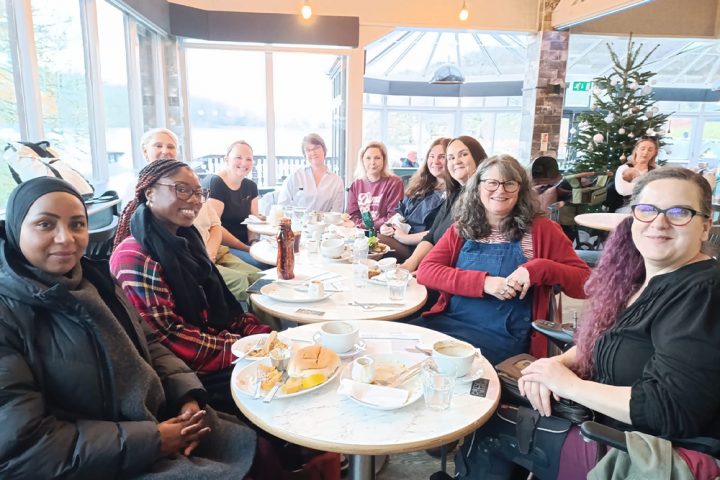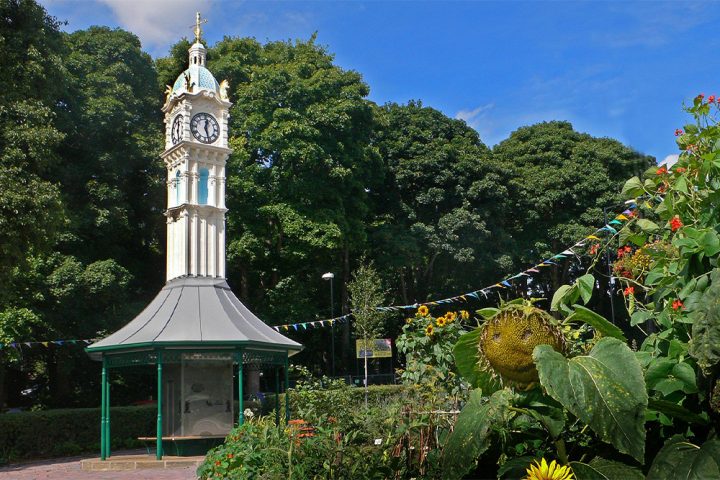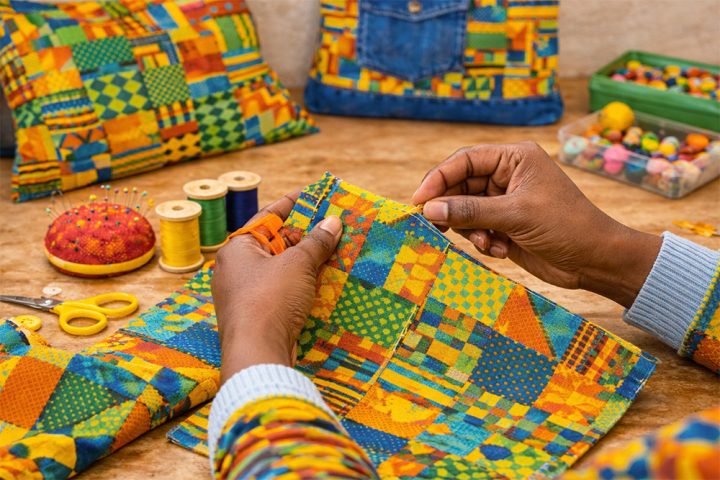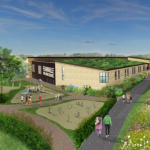As voices from both the far-left and far-right grow louder and more aggressive, our communities are being pulled apart. Simple slogans like “Stop the boats” won’t solve our real problems – inflation, poor housing, inadequate jobs or limited public services. If migration suddenly stopped tomorrow, would our roads be less congested? Would house prices fall? Would our energy bills become more affordable? Would we have better SEND provision at school? The answer is no.
Whilst migration needs proper management, blaming “the people on small boats” for every challenge we face is not only unfair – it is an illusion we should not indulge in, as the awakening could be very rude. Even if migration disappeared overnight, our everyday struggles would remain.
Between the radical left advocating totally open borders and the radical right fueling hatred towards anyone who comes from outside the British Isles, we need honest dialogue that addresses everyone’s concern, without letting politicians use migration as a tool to divide and distract us. For too long, they have relied on fear and hatred to gain and maintain their power.
Finding middle ground
To build understanding and bring people together, we must speak up and be present in public discussions. This might mean attend protests to support a fair, open-minded and creative Britain. Joining rallies can feel daunting, especially if the atmosphere is charged and emotions are volatile, but if we want to reclaim the middle ground, we must participate.
Here are a few tips on how to stay safe at a rally.
Personal safety
Bring essentials – water, snacks, suncream, a basic first aid kit (anti-septic wipes, plasters, bandages, painkillers), face mask and any personal medication and hygiene products you may need on the day. If there is risk of police crowd control, consider bringing shin pads, googles a bicycle helmet and cold compresses.
Know your rights
If police stop and search you or make an arrest, remember these points:
No comment: You do not have to answer. Be careful not to give away information that could be used against you or other protesters.
No personal details: You are not obliged to give personal information, including visa status. Police may hold you longer if you refuse to give your details, but usually no longer than 24 hours (except for more serious offences).
Under what power: If police say you must do something, always ask them to explain the legal basis of their order. Ask them ‘under what power?’. Take a note of their answer and their shoulder number.
No duty solicitor: You are entitled to free legal advice if arrested. Use a recommended protest solicitor rather than the duty solicitor, who may lack experience with protest cases.
No caution: Never accept a caution at the police station without speaking to a solicitor first. A caution is an admission of guilt.
Green & Black Cross provide bustcards with essential information and solicitor contacts. Find the version for West West Yorkshire by clicking here.
Dealing with hostility
Sadly, counter-protesters can sometimes be aggressive. Before attending a rally, check with local communities and the police if counter-groups are planning any activities. Monitor social media, but remember some groups spread misinformation to intimidate, and agree on a safe meeting place in case you need to leave. On the day, stay calm, avoid confrontation and use de-escalation techniques, such as maintaining composure, listening actively and seeking common ground. Avoid being photographed to help safeguard your privacy – use placards and banners to block views, cover your face with a scarf or mask. If aggression escalates, go to your agreed safe place. Don’t leave anyone of your group behind.
Making our voices heard is important, but so is building bridges. We need spaces where people from different backgrounds can share their views and concerns honestly. Only by finding common ground can we create a society that works for everyone.
The path forward is not about winning arguments or shouting louder than the other side. It is about listening, understanding and working together to address the real issues facing our communities – housing, jobs, public services and the cost of living, to mention but a few. These problems require practical solutions, not scapegoats.
By staying safe, knowing our rights, and engaging respectfully, we can defend the values that make Britain worth fighting for: fairness, openness, and the freedom to disagree constructively.


